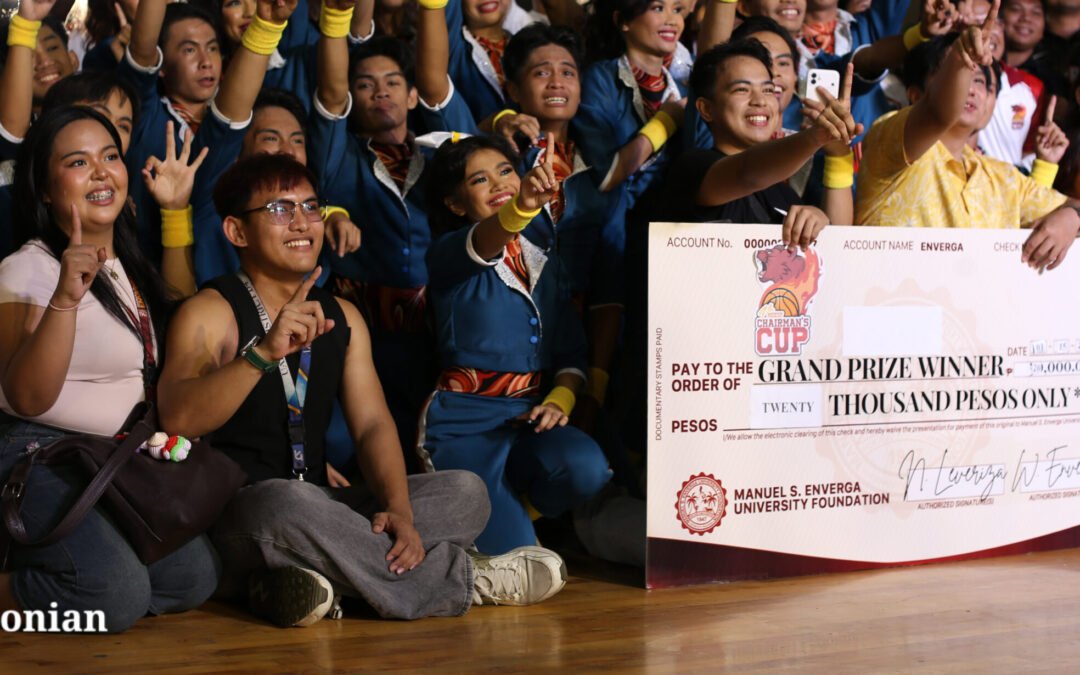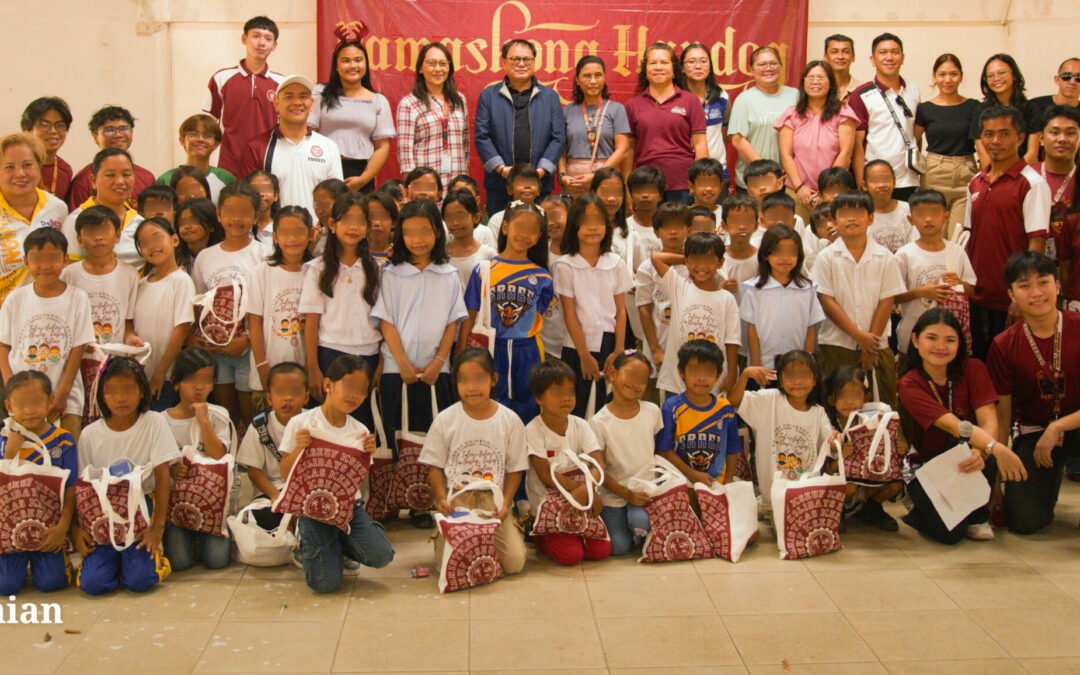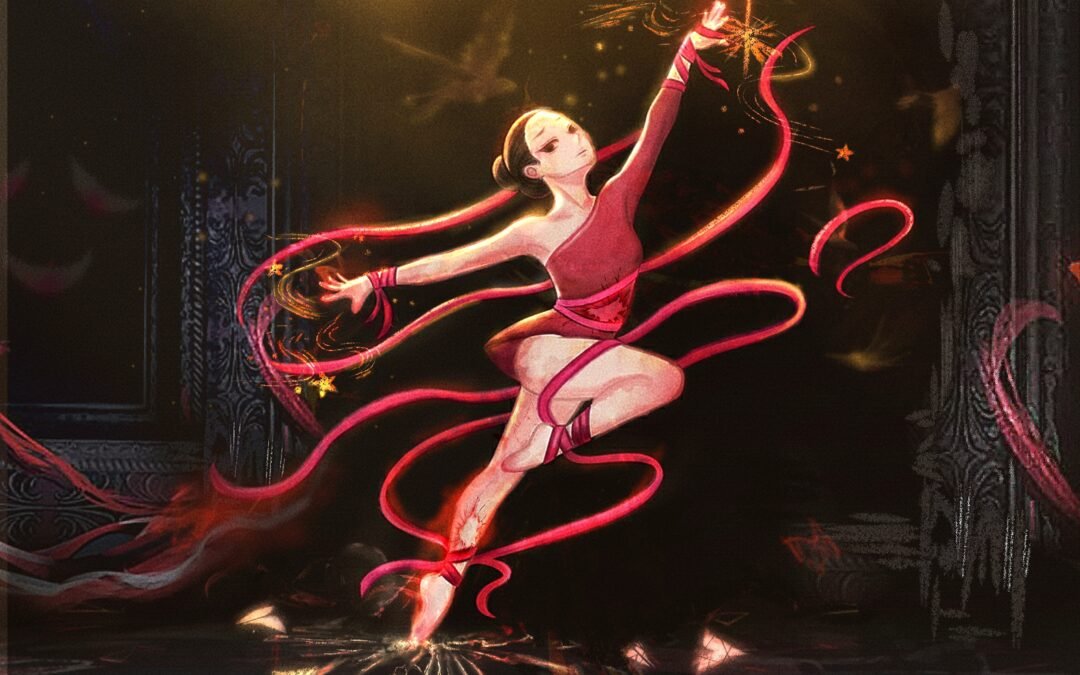The pointing system is used as a grading mechanism for student organizations based on the activities they have conducted, participated in, and papers they have completed. The points vary depending on the number of participants and the event’s category. The organization with the highest total points was ranked first or recognized as the university’s most outstanding organization.
Due to the current situation, the pointing system has been abolished since last year. However, this was not the intention of the student organizations. As a result of the removal, some organizations may become inactive and unmotivated. Given the virtual transition of classes, what student organizations want and need is for the pointing system to be reinstated, for fewer restrictions on holding events, and for the minimum membership requirement to be reduced.
According to an anonymous source, their organization is in danger of nonexistence next year due to a membership crisis. Unlike departmental organizations with mandatory membership, this situation also reflects the problem of other voluntary organizations that have difficulty recruiting freshmen and sophomores due to the recruits’ lack of understanding. Furthermore, the tougher guidelines prohibiting events from taking place during holidays decrease the number of days they could possibly conduct activities and hinder the chances to introduce and promote their organizations. If this situation is neglected and allowed to continue until next year, I am afraid that the number of organizations will continue to decline, as seen in the estimated track record of the number of organizations, where in 2015 there are 60 plus, 39 in 2019, 29 in 2020, and only 19 active organizations in the present year.
Although the absence of the pointing system is different from the supposed consideration, it does have advantages. It encourages organizational fairness, and in light of the current situation, organizations will be relieved of the burden of organizing several events. There will be less paperwork because there will be fewer activities. Moreover, with the tougher policy in holding events, the students can maximize their break from school and extracurricular activities.
Regardless of the advantages, without a pointing system, organizations’ hard work and effort in organizing and attending events will be undervalued. It is tough to have activities remotely, as previously stated, and acknowledgment, such as the most outstanding organization, is an excellent approach to recognizing student organizations. This also keeps them engaged and gives them something to anticipate throughout the year.
This is a problem that affects the entire university, not just the organizations. If the number of minimum members is not reduced, the number of organizations will drop alarmingly, and because students can only join a few organizations, they will be less exposed to experiences and opportunities that may help them sharpen their talents and advance in their professions.





